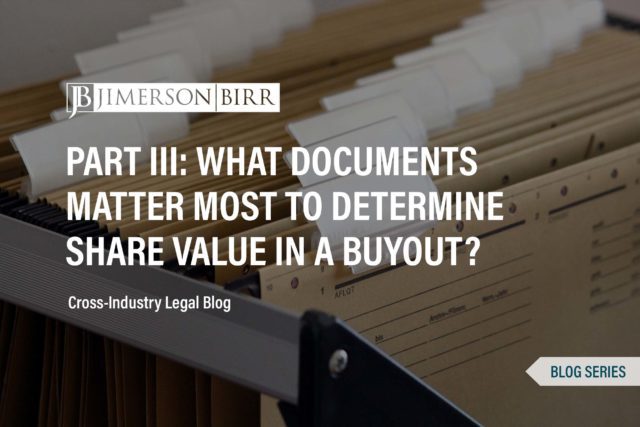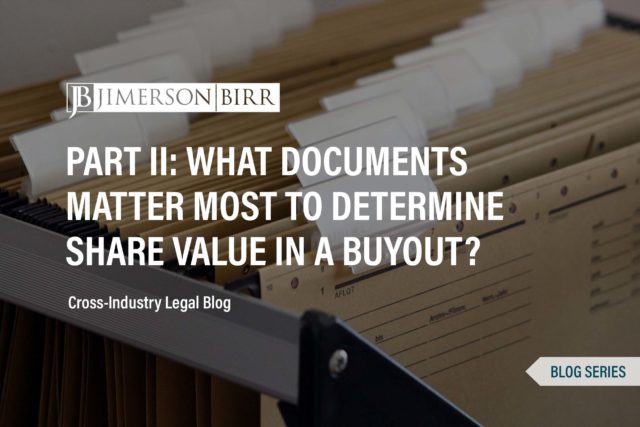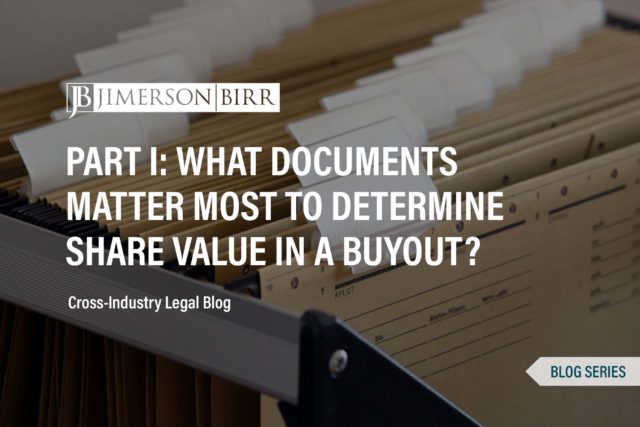What are golf and country club formation, operation, acquisition, and disposition?
Private and for-profit golf and country club formation, operation, acquisition, and disposition encompass the lifecycle of establishing, managing, acquiring, and potentially selling membership-based facilities that offer golfing, dining, recreational, and social amenities to their members. Formation of such clubs typically involves identifying a suitable location, securing financing, and establishing a legal entity to own and operate the club, often in the form of a corporation or limited liability company (LLC). During this phase, membership structures, fees, bylaws, and operating agreements are established to govern the club’s operations and membership privileges.
Once formed, private and for-profit golf and country clubs operate as membership-based organizations, providing a range of amenities and services to their members. This includes maintaining golf courses, dining facilities, recreational amenities such as tennis courts and swimming pools, and organizing social events. Club management oversees day-to-day operations, including staffing, maintenance, member services, event planning, and financial management. Success in this phase depends on attracting and retaining members, delivering high-quality services, and ensuring the club’s financial sustainability.
Acquisition of a private and for-profit golf and country club may occur when an individual or entity purchases an existing club from its owners or investors. Potential buyers may be drawn to established clubs with loyal membership bases, desirable facilities, and growth potential. Due diligence is conducted to assess the club’s financial performance, membership demographics, facilities, operations, and regulatory compliance. The acquisition process involves negotiation of purchase terms, financing arrangements, and transfer of ownership, with existing members often having rights or preferences regarding the disposition of the club.
Disposition, or the sale or transfer of ownership of a golf and country club, may occur for various reasons, such as changes in ownership objectives, financial challenges, or market conditions. Potential buyers may include individuals, investors, hospitality companies, or real estate developers interested in acquiring the club for continued operation or redevelopment. The disposition process typically involves marketing the club for sale, soliciting offers from prospective buyers, negotiating sale terms, and completing the transaction. Existing members may have rights or preferences regarding the disposition of the club, such as the opportunity to purchase memberships or retain access to club facilities.
Need help regarding private and for-profit golf and country club formation, operation, acquisition, and disposition? Schedule your consultation today with a top hospitality attorney.
In Florida, which laws and regulations apply to golf and country club formation, operation, acquisition, and disposition?
In Florida, golf and country clubs are subject to various laws and regulations governing their formation, operation, acquisition, and disposition. Some key laws and regulations that apply to golf and country clubs in Florida include:
- Title XXXVI, Florida Statutes: Golf and country clubs may be established as legal entities such as corporations, limited liability companies (LLCs), or partnerships. Florida’s business entity laws under Title XXXVI of the Florida Statutes govern the formation, operation, and dissolution of these entities, including requirements for registration, governance, and compliance with corporate formalities.
- Florida Statutes, Section 760.60: This section of the Florida Statutes prohibits private clubs from discriminating against individuals on the basis of race, color, religion, national origin, sex, disability, or other protected characteristics. Clubs must adhere to anti-discrimination laws in their membership admissions, policies, and practices.
- The Florida Deceptive and Unfair Trade Practices Act (FDUTPA): This law prohibits deceptive or unfair trade practices, false advertising, and consumer fraud. Golf and country clubs must ensure that their marketing, advertising, and promotional activities comply with these laws to avoid legal liability.
- Florida Department of Business and Professional Regulation (DBPR): Golf and country clubs must comply with various state and federal laws and regulations governing business operations, employment practices, health and safety standards, food and beverage service, alcohol licensing, environmental protection, and other regulatory requirements, including those set by the DBPR.
What are common issues regarding golf and country club formation, operation, acquisition, and disposition that lead to litigation?
Common issues regarding golf and country club formation, operation, acquisition, and disposition that can lead to litigation include:
- Membership Disputes: Disputes between club members and the club’s management or governing board can arise over membership privileges, fees, dues, voting rights, access to club facilities, and adherence to club rules and bylaws. These disputes may lead to lawsuits alleging breach of contract, breach of fiduciary duty, discrimination, or other claims.
- Contract Disputes: Clubs may become involved in contract disputes with vendors, contractors, suppliers, or service providers over issues such as non-payment, quality of services, delays, breaches of contract, or failure to deliver goods or services as promised. Contract disputes can result in litigation to enforce contractual rights, seek damages, or resolve disagreements.
- Employment Disputes: Golf and country clubs may face employment-related litigation, including claims of wrongful termination, discrimination, harassment, wage and hour violations, retaliation, or failure to provide benefits. Employment disputes can arise between the club and its employees or former employees and may result in lawsuits seeking damages or injunctive relief.
- Real Estate Disputes: Clubs may encounter disputes related to real estate transactions, property ownership, land use, zoning, boundary disputes, environmental regulations, or title issues. Real estate disputes can arise during the acquisition, development, or disposition of club-owned properties and may lead to litigation to resolve legal issues or disputes with neighboring property owners or government agencies.
- Regulatory Compliance Issues: Failure to comply with applicable laws and regulations governing club operations, including business licensing, health and safety standards, alcohol licensing, environmental regulations, and anti-discrimination laws, can result in regulatory enforcement actions, fines, penalties, or lawsuits brought by regulatory authorities or affected parties.
- Financial Mismanagement: Mismanagement of club finances, including embezzlement, fraud, financial misstatements, or failure to maintain adequate financial records, can lead to disputes between club members, investors, creditors, or regulatory authorities. Financial mismanagement issues may result in lawsuits alleging breach of fiduciary duty, negligence, or fraud.
- Disputes over Club Governance: Conflicts may arise between club members, the club’s management, and its governing board over matters such as elections, board appointments, bylaw amendments, or changes to membership policies. Disputes over club governance can lead to litigation seeking injunctive relief, declaratory judgments, or enforcement of members’ rights.
We are value-based attorneys at Jimerson Birr, which means we look at each action with our clients from the point of view of costs and benefits while reducing liability. Then, based on our client’s objectives, we chart a path to seek appropriate remedies.
To determine whether your unique situation may necessitate litigation, please contact our office to set up your initial consultation.
What steps should businesses take to minimize the risk of litigation over golf and country club formation, operation, acquisition, and disposition?
- Comprehensive Legal Review: Conduct a thorough legal review of all aspects of club operations, including formation documents, membership agreements, contracts, employment policies, real estate transactions, regulatory compliance, and governance procedures. Identify potential legal risks, gaps in compliance, and areas of exposure that could lead to litigation.
- Implement Sound Governance Practices: Establish clear governance structures, policies, and procedures to govern club operations, decision-making processes, and member interactions. Ensure that governance documents, such as bylaws, operating agreements, and membership policies, are regularly reviewed, updated, and adhered to by club management, board members, and members.
- Maintain Compliance with Applicable Laws and Regulations: Stay informed about federal, state, and local laws and regulations governing golf and country club operations, including business licensing, health and safety standards, environmental regulations, employment laws, anti-discrimination laws, and alcohol licensing requirements. Implement policies and procedures to ensure ongoing compliance and mitigate legal risks.
- Risk Management Strategies: Develop and implement risk management strategies to identify, assess, and mitigate potential legal risks associated with club operations, such as membership disputes, contract disputes, employment issues, real estate transactions, and regulatory compliance. Establish protocols for addressing legal issues as they arise and take proactive measures to prevent disputes from escalating into litigation.
- Due Diligence in Transactions: Exercise due diligence when entering into transactions such as acquisitions, dispositions, real estate transactions, and contracts with vendors, contractors, or service providers. Conduct thorough investigations, review all relevant documentation, and assess potential legal risks before proceeding with transactions to minimize the likelihood of litigation arising from undisclosed liabilities or disputes.
- Documentation and Record Keeping: Maintain accurate and comprehensive documentation of all club activities, transactions, communications, and decisions. Keep detailed records of membership agreements, contracts, financial transactions, meeting minutes, correspondence, and other relevant documents to support legal compliance, decision-making, and defense in the event of litigation.
- Proactive Dispute Resolution: Establish mechanisms for resolving disputes and grievances internally through alternative dispute resolution (ADR) methods such as mediation or arbitration. Encourage open communication, transparency, and collaboration among club members, management, and stakeholders to address conflicts and resolve issues before they escalate into litigation.
Frequently Asked Questions
What amenities and services do golf and country clubs typically offer to members?
Golf and country clubs are operated as membership-based organizations, offering golfing facilities, dining options, recreational amenities, and social events to their members. Club management oversees day-to-day operations, including staffing, maintenance, member services, event planning, and financial management.
How do golf and country clubs acquire new members?
Golf and country clubs may acquire new members through various methods, such as word-of-mouth referrals, marketing and advertising efforts, hosting membership events or promotions, offering trial memberships, and partnering with local businesses or organizations.
Have more questions about a golf and country club formation, operation, acquisition, and disposition-related situation?
Crucially, this overview of golf and country club formation, operation, acquisition and disposition does not begin to cover all the laws implicated by this issue or the factors that may compel the application of such laws. Every case is unique, and the laws can produce different outcomes depending on the individual circumstances.
Jimerson Birr attorneys guide our clients to help make informed decisions while ensuring their rights are respected and protected. Our lawyers are highly trained and experienced in the nuances of the law, so they can accurately interpret statutes and case law and holistically prepare individuals or companies for their legal endeavors. Through this intense personal investment and advocacy, our lawyers will help resolve the issue’s complicated legal problems efficiently and effectively.
Having a Jimerson Birr attorney on your side means securing a team of seasoned, multi-dimensional, cross-functional legal professionals. Whether it is a transaction, an operational issue, a regulatory challenge, or a contested legal predicament that may require court intervention, we remain tireless advocates at every step. Being a value-added law firm means putting the client at the forefront of everything we do. We use our experience to help our clients navigate even the most complex problems and come out the other side triumphant.
If you want to understand your case, the merits of your claim or defense, potential monetary awards, or the amount of exposure you face, you should speak with a qualified Jimerson Birr lawyer. Our experienced team of attorneys is here to help. Call Jimerson Birr at (904) 389-0050 or use the contact form to schedule a consultation.

We live by our 7 Superior Service Commitments
- Conferring Client-Defined Value
- Efficient and Cost-Effective
- Accessibility
- Delivering an Experience While Delivering Results
- Meaningful and Enduring Partnership
- Exceptional Communication Based Upon Listening
- Accountability to Goals











